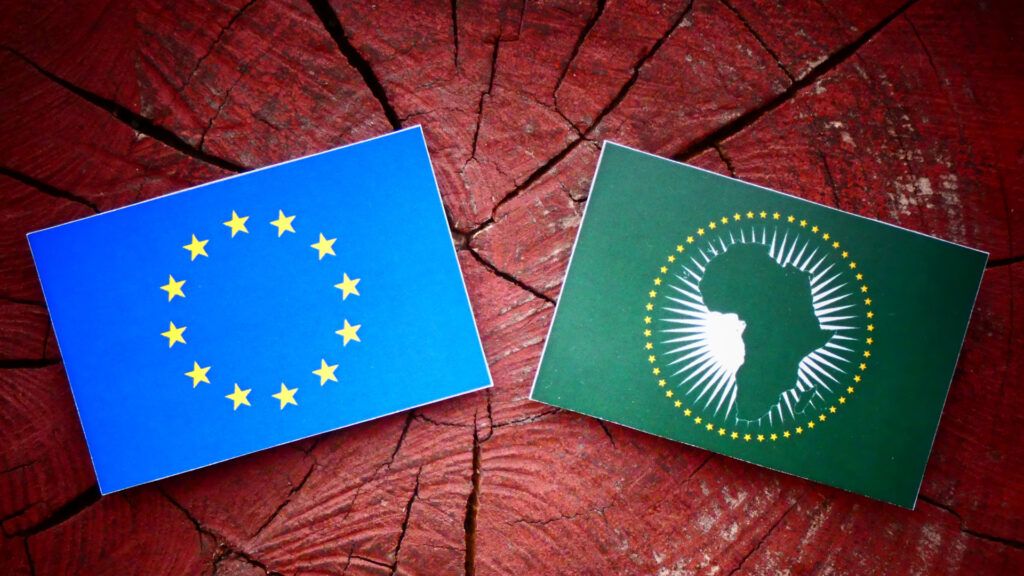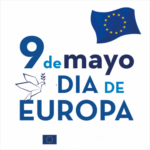African and European societies face common issues and shared challenges, such as the coronavirus pandemic and climate change, creating the need for closer and more equitable collaboration. On 25 March, MEPs approved Parliament’s proposals for a new EU-Africa strategy laying the foundation for a partnership that reflects the interests of both sides and gives African countries the means to achieve sustainable development.
Human development at the heart of future strategy
Africa is home to the youngest population in the world, with about one million Africans entering the job market every month. However, more than 390 million people are living below the poverty line, while less than 10% of 18-24 year olds are enrolled in some form of post secondary education or training.
Investing in people is therefore seen as a key pillar of the upcoming EU-Africa strategy, announced by the European Commission in March, with priority given to the fight against inequality, young people and the empowerment of women.
Chrysoula Zacharopoulou (Renew Europe, France), who wrote the Parliament’s proposals, emphasises the need to ensure access to quality education and provide young people, especially women and girls, with the necessary skills to access the job market.
Decent working conditions are seen as key to providing prospects to the rapidly growing population. This goes hand in hand with inclusive social protection systems, measures against child and forced labour and a transition from the informal to the formal economy. The informal sector makes up nearly 86% of all employment in Africa.
The new strategy should also improve health care and strengthen national health systems, making them more resilient to future crises. MEPs want to step up EU-Africa collaboration on health research and innovation to boost local production of equipment and medicine.
Reducing Africa’s dependence on imports
The EU-Africa relationship “must move beyond the donor-recipient relationship”, according to the Parliament report, emphasising the importance of supporting Africa’s domestic production through sustainable investment.
It also proposes boosting intra-African trade through the continental free trade area, investment in transport infrastructure and better access to global markets.
Public-private partnerships and funding small and medium enterprises are considered essential, as these smaller firms represent 95% of businesses in Africa and the private sector is expected to be decisive in the post-Covid recovery.
All agreements should be compatible with human rights, labour and environmental standards and in line with UN Sustainable Development Goals, said the report.
The report also calls on international lenders, such as the International Monetary Fund and the World Bank, to do more to relieve the debt burdens of African countries, which have been exacerbated by the pandemic.
Partners for a green and digital transition
Africa bears the least responsibility for climate change, but it is bearing the brunt of its impact: in 2019, nearly 16.6 million Africans were affected by extreme weather events, 195% more than in 2018.
The report urges a transition to a clean and circular economy through investment in sustainable transport, green infrastructure and renewable energy. It also stresses the need to protect Africa’s unique biodiversity and indigenous communities, as well as ensuring fair and sustainable exploitation of raw materials, which account for 49% of EU imports from Africa.
A partnership on sustainable agriculture should be at the centre of EU-Africa relations, say MEPs, in order to develop environment-friendly farming practices, strengthen the resilience of farmers and address food system failures, aggravated by the closure of borders due to the Covid crisis.
The digital transformation will play a key role in the modernisation of the farm sector, but also education, employment, health and people’s participation in political decision-making.
A migration policy based on solidarity and shared responsibility
Since 2015, the EU and African countries have developed a joint approach to managing migration flows, which has led to a reduction in irregular migration and improved cooperation on the fight against migrant smuggling. Yet significant challenges remain. Sub-Saharan Africa hosts more than a quarter of the world’s refugees and Mediterranean crossings continue to cause loss of life and fuel criminal networks.
MEPs stress that the new EU-Africa partnership must put the dignity of refugees and migrants at its heart, addressing migration as a shared responsibility between European countries of destination and the African countries of origin. They also emphasise the need to tackle the root causes of displacement, guarantee fair asylum procedures and establish a migration policy that would create opportunities for skilled and unskilled workers.







Leave a Reply